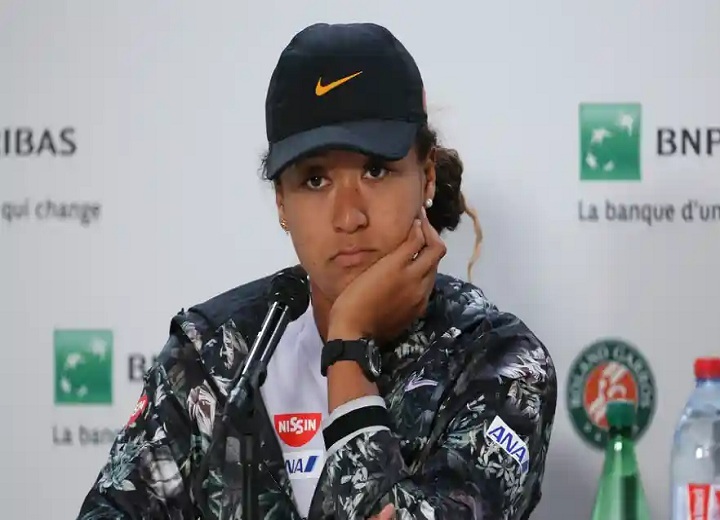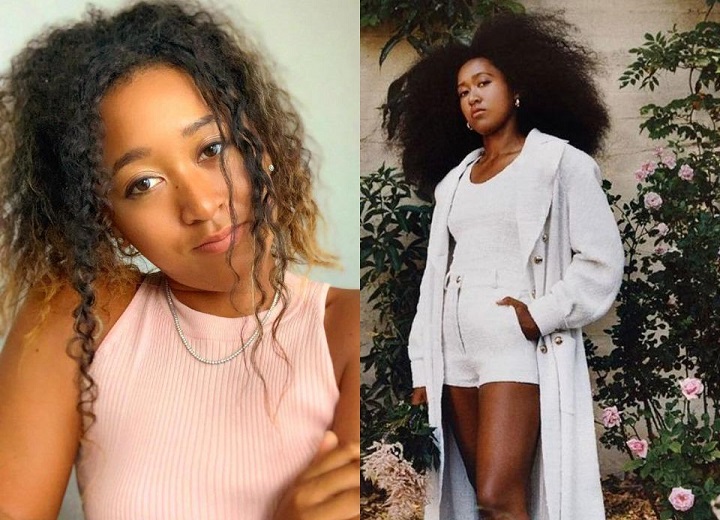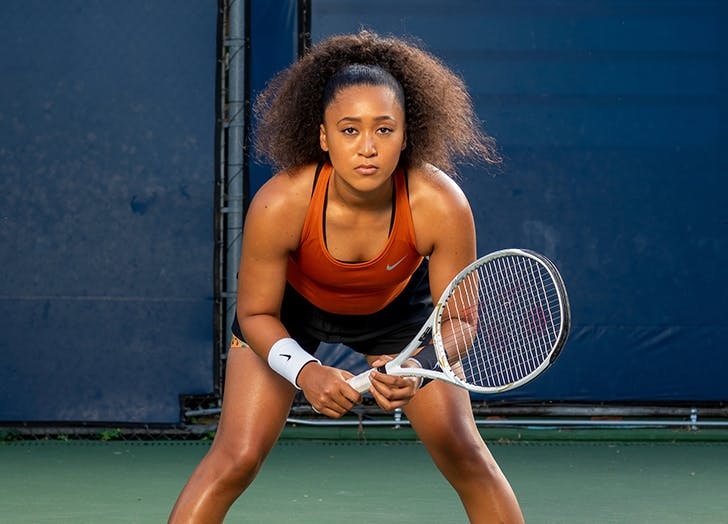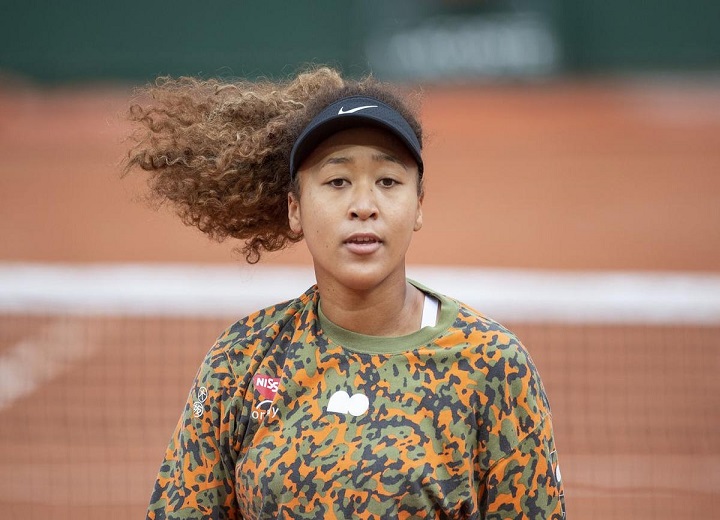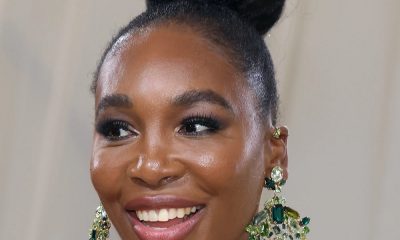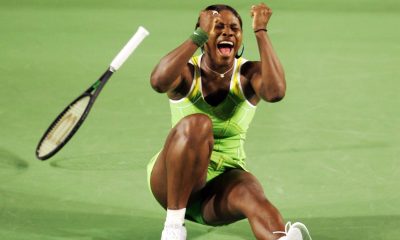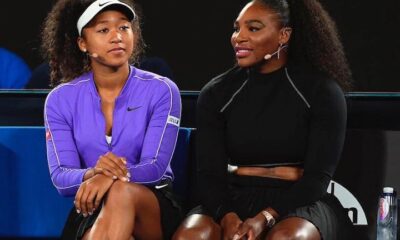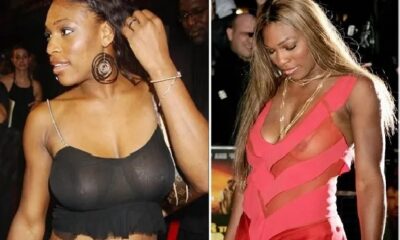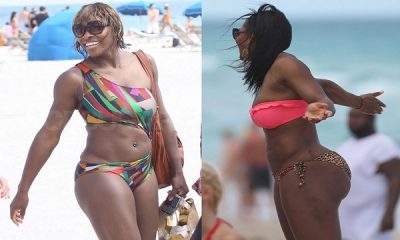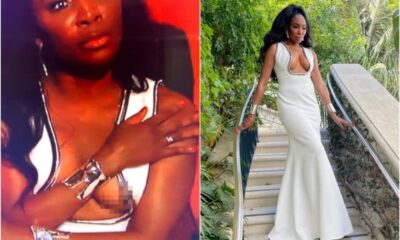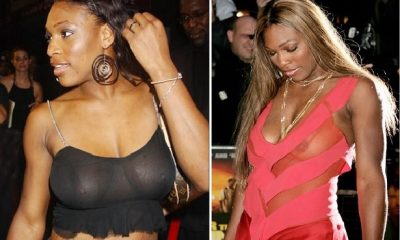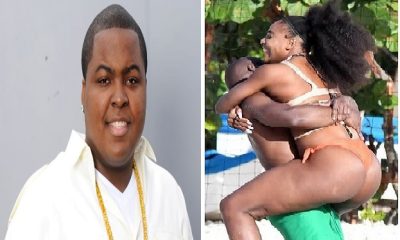News
What Naomi Osaka told me about mental health
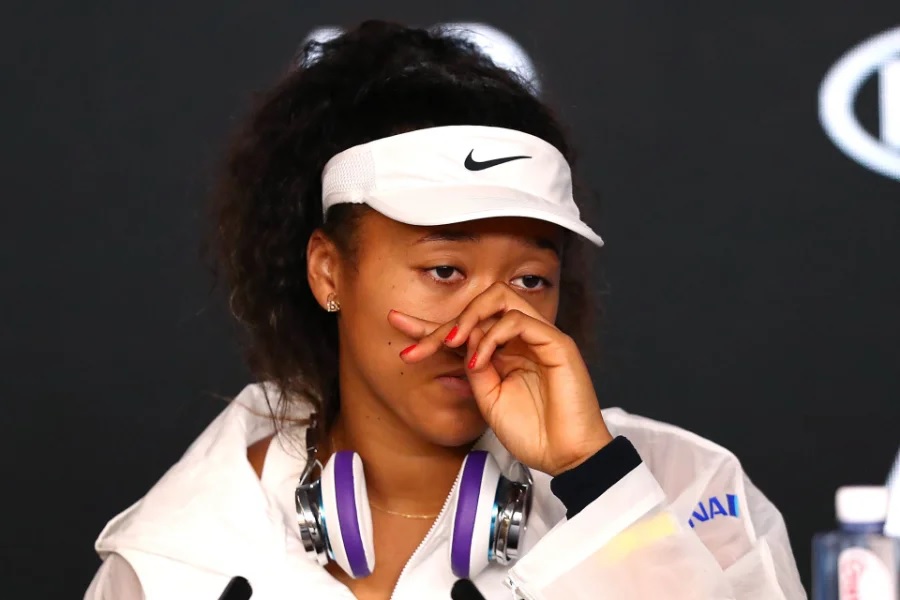
It’s the middle of my much-needed vacation, and just under a month after Naomi Osaka shocked the tennis world by pulling out of the French Open, and I am, inexplicably, emailing with her about NFTs — and mental health. She talked about her new collaboration with Autograph, the NFT, or “non-fungible token,” platform co-founded by NFL quarterback Tom Brady. Her first NFT collection drops this Friday and she’s excited.
For those who don’t know — and I loosely included myself in this category — NFTs are collectible, and often very valuable, digital art. It strikes me that this is a more manageable way for her to interact with her fans, especially if battling social anxiety, as she’s discussed.
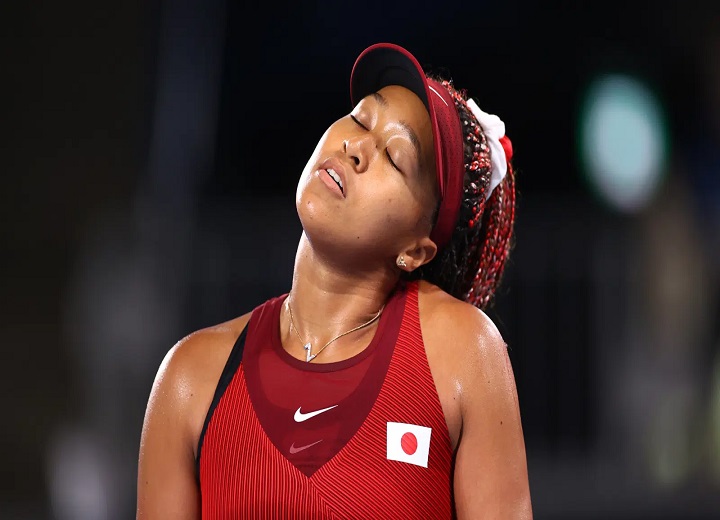
I ask her if it’s an effective way to share more of herself — a limited commodity — with the people who love her. “I think so, and we have offerings at all kinds of different price ranges so that everyone can be part of it if they want. I feel like it’s super accessible and I hope that everyone that wants to get one is lucky enough to get their hands on one,” she told me.
We connected because, having struggled with mental health issues myself as a teenager and young adult, I felt compelled to weigh in on just how important her announcement was that she was taking a break to focus on her mental health and anxiety. She’d faced some backlash from the lamentable but predictable places. Piers Morgan called her “an arrogant spoiled brat.” Megyn Kelly taunted her on Twitter: “Poor @naomiosaka blocked me while taking a shot at me (guess she’s only tough on the courts.)”
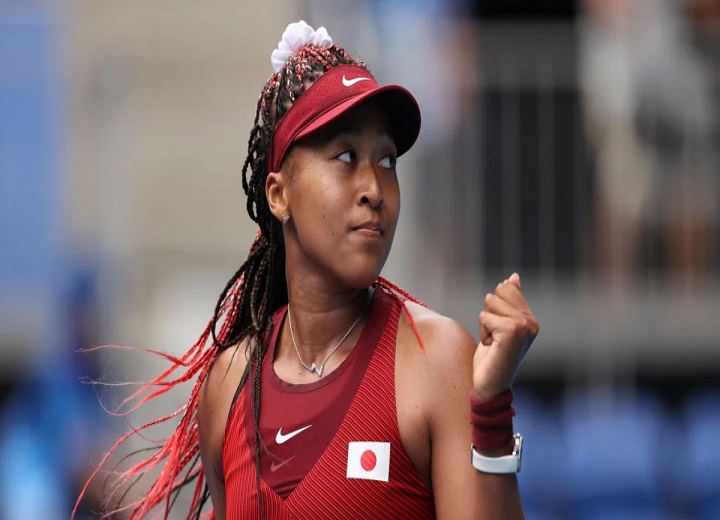
Luckily, responses like those were fleeting — Osaka was met by overwhelming support from her fans, her sponsors, and other athletes, including Serena Williams, NBA star Stephen Curry and Cleveland Cavaliers forward Kevin Love. I didn’t have a Naomi Osaka growing up. After suffering in silence and shame for too long, I was fortunate to get support from family and eventually the help I needed to battle back.
But successful people — especially world-class athletes — didn’t often talk about mental health back then. Osaka’s candor felt emotional and liberating for me, and obviously for her as well. “I like to express how I am feeling, as it not only helps me personally but I feel like it allows others to relate as well,” she said. “I always hoped that I could help others to know they aren’t alone. In all I do, personally and professionally, I want to inspire young people to know they have people to look to that are like them.”
Little did I know that while I was defending Osaka, Meghan Markle before her, and Simone Biles after her — all of whom opened up about their mental health battles within a few months of one another — something was brewing inside me. Bubbling just below the surface was a demon I didn’t know I had, and one day a couple weeks ago, it made itself frighteningly known.
The paralyzing anxiety, panic attacks, helplessness, mind-fog, sleeplessness, and overwhelming sense of pending doom that followed absolutely felled me. I knew fairly quickly that I needed help, and fast, and went about talking to my family and seeking therapy. I have more work to do, but I’m feeling better every day.
Whether she knows it or not, Osaka’s bravery had a big impact on me. A year ago, I’m not sure I would have had the courage to tell my employers, my colleagues, my followers that the carefully curated images on Instagram of the totally-together working mom, the professional and tough journalist, belied the fact that I was having a bit of a breakdown.
I tell Osaka that she helped me share my own experience, and that I heard from so many other journalists who were dealing with similar anxiety, covering the worst stories on a seemingly endless loop. She was a bit surprised at first. “I didn’t know journalists felt the same but I can totally understand why and empathize,” she said. “There are so many difficult stories to cover and it feels like more than ever these past 12 months.”
Then she told me that she similarly heard from her colleagues. “It’s interesting you say that, because at the Olympics lots of athletes thanked me for speaking up, and it was only then I realized that I wasn’t alone, and so many other athletes share the same feelings.
With Osaka, Biles and Markle coming forward, it feels like something of a watershed moment for mental health, especially for women. Even more crucially, those three women talking openly and honestly about mental health, admitting that it’s okay to not be okay, could have a considerable impact in communities of color where systemic barriers to seeking treatment are acute.
I asked Osaka what she might say to a young girl who might not feel as though she can ask for help.
“Growing up, I didn’t really have people to look up to that looked like me,” she said. “I always felt different. So being someone that a young girl feels she can relate to, that she can see herself in, is really humbling.”
That representation is certainly important in tennis — Osaka is Japanese and Haitian. But it’s even more important in mental health, even if she doesn’t process it that way. “My goal is always just to be myself, and say how I feel,” she said. “If in that process it can help even one other person, I think that’s amazing.” It did, which, I suppose, is why we are now emailing about NFTs.
As for why she’s betting that this is the future:
“I think if people understand the collecting aspect, like we collected trading cards when we were younger, then they can also understand why NFT’s are so exciting. Not only do you have digital ownership, but these can be bought and sold so easily and gamified, which makes it interesting especially for my generation, who really does so much on their phones and devices. We are all competitive, and this brings together my passions of art, design and technology.”
I’m happy Osaka has found a new outlet to channel her creativity, and have no doubt it will be a success, even if I still don’t quite understand what, exactly, NFTs are. But surely, her generation — the one that will hopefully end the stigmas associated with mental health, thanks in no small part to Osaka’s honesty — will totally get it.

